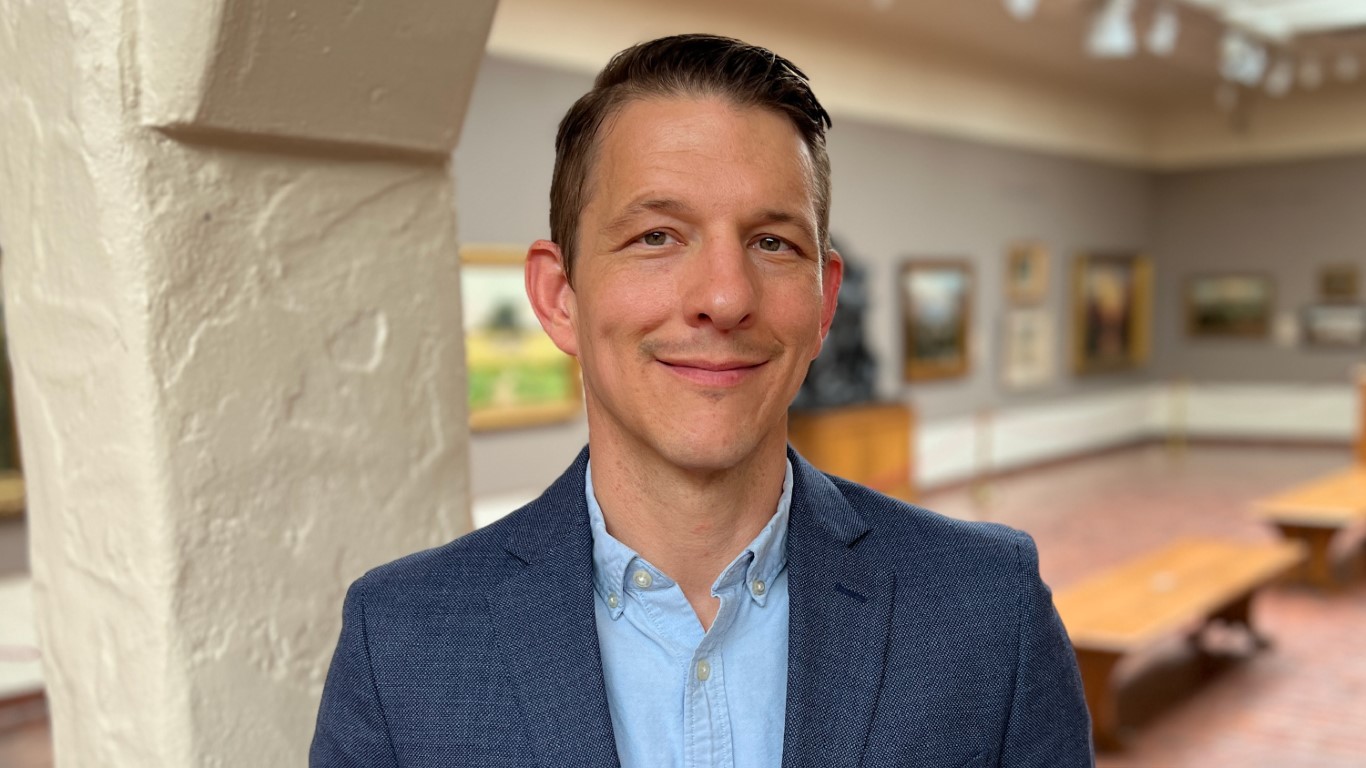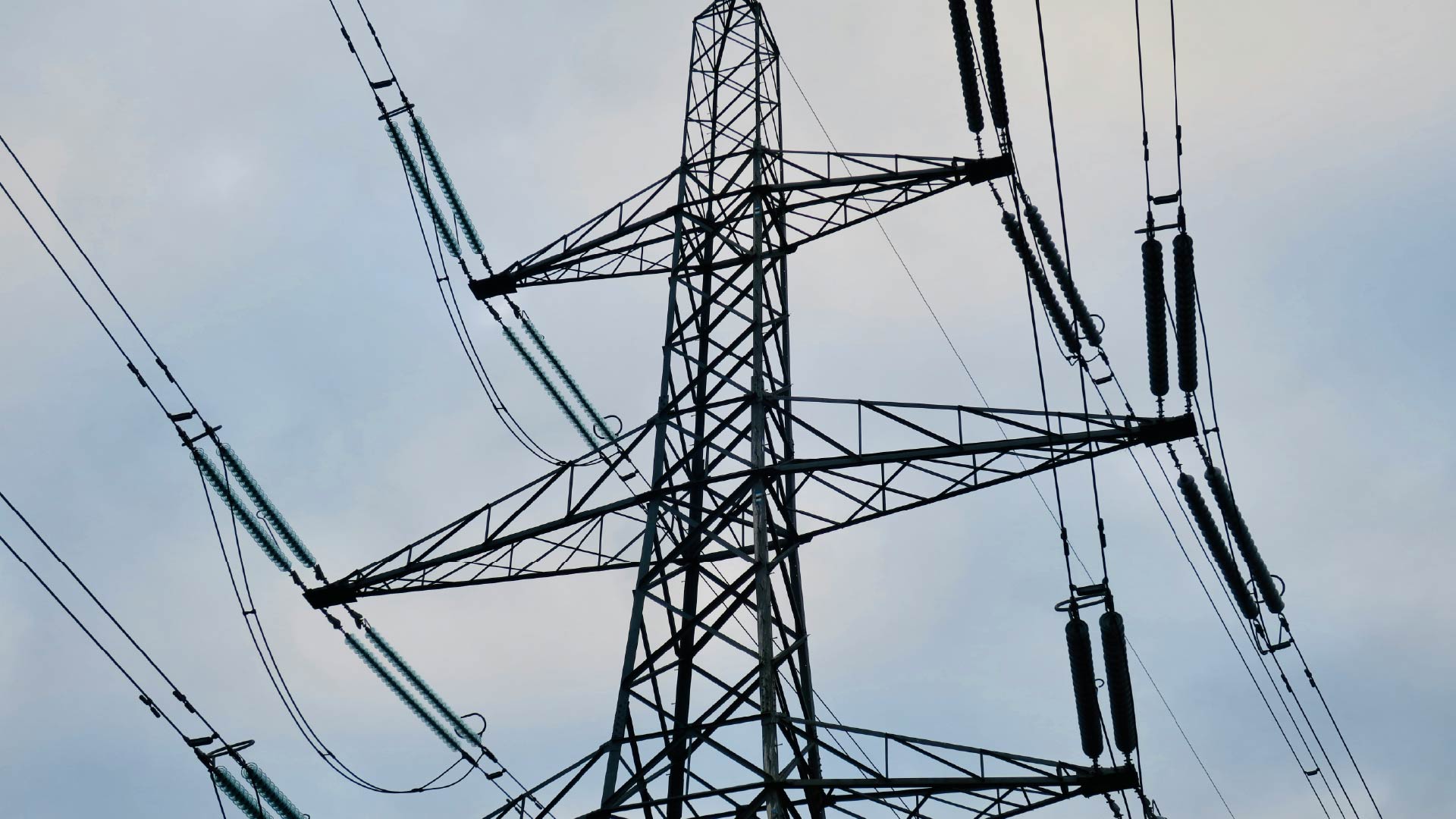Climate Strategy Insights: A Sneak Peek Of February's Climate Summit In Washington DC
Climate targets, reporting and disclosures are extremely complex to manage for firms of any size, yet nearly all of the world's 250 largest organizations report on sustainability. As regulations increase, stakeholder pressure increases and net zero commitments intensify, decision-makers will have to navigate widespread and conflicting priorities to comply with disclosures and stay on track. To help organizations confront this challenge, Verdantix is bringing together over 150 leaders in sustainability, ESG, risk and compliance roles at Capitol Hill, Washington DC on the 20th and 21st February for its Climate Summit North America.
Ahead of the event, Verdantix gathered insights from one of the speakers at the summit, Jeff Sokol, to provide a sneak peek at the kind of expertise to expect on Capitol Hill. Jeff is the Director of Sustainability at Nu Skin – a leading beauty and wellness firm operating in nearly 50 markets across the globe – and has a wealth of knowledge across carbon data collection, reporting and disclosures regulation. He answered three key questions to provide an inside perspective on climate strategies and reporting:
Why are climate reporting and disclosures important – and who should be concerned by them?
Climate reporting and disclosures drive a cycle of reduction. Measurement sets a bar against which to benchmark impact. It also allows for resources to be allocated to the areas where investments can make the most difference. Disclosure begins to address the negative externality of climate change. Governments and NGOs have traditionally been the most concerned about this; however, a broader coalition of stakeholders is now asking for climate disclosures and action. Investors are attempting to assess physical and transition risk; prospective employees are deciding where to work; and customers are looking for products that they can feel good about consuming.
What is the most challenging aspect of deciding on a climate strategy?
It feels easy to make an announcement that we will ‘reduce carbon by 30%’ or ‘be net zero’ by a certain date – the challenge is what comes next. How can we achieve the reductions in a meaningful way? How do we offset growth? Where will the budget come from when margins are being compressed by inflation? It is important to find alignment with the corporate purpose and to look for ways that can deliver business value by aligning with an enterprise’s strategy while seeking meaningful impact.
Data informs a climate strategy. How are you managing the collection of climate data?
Timely and accurate data collection is my biggest concern as disclosure moves from voluntary to mandatory. As we collect utility and usage data from sites across the globe, we are attempting to integrate the collection of such data with our accounts payable system. We are not there yet, and for auditability are still collecting invoices separately. Emissions factors are an area of concern for me, and one which I feel many of the software providers gloss over. The quality and accuracy of emissions factors for electricity providers feels like a real weak link.
For more insights from Jeff, and to find out more about the Verdantix Climate Summit, head over to the Climate Innovation Network.

Jeff Sokol will be speaking at the Climate Summit North America, which is taking place on the 20th and 21st of February in Washington DC, specifically sharing his expertise on applying audit and assurance to climate and ESG data. To hear more about the regulations that will be at play, and how to work with internal audit teams to prepare for increased levels of scrutiny, register to attend here
About The Author

Moses Makin
Industry Analyst





